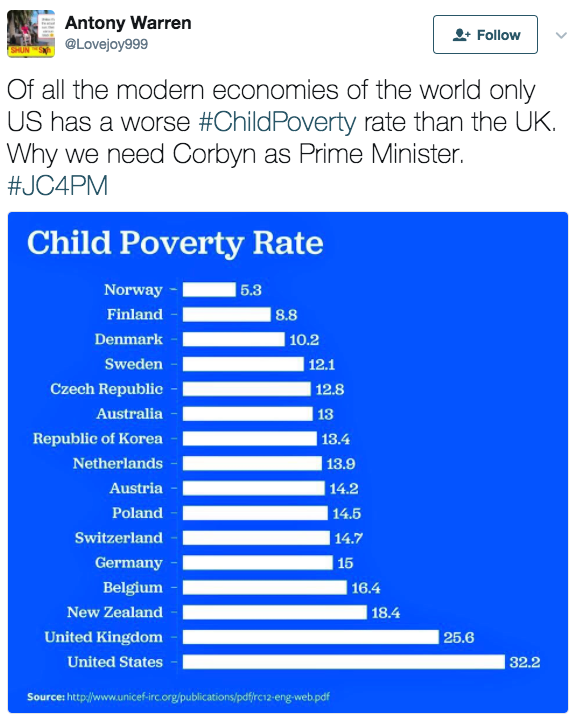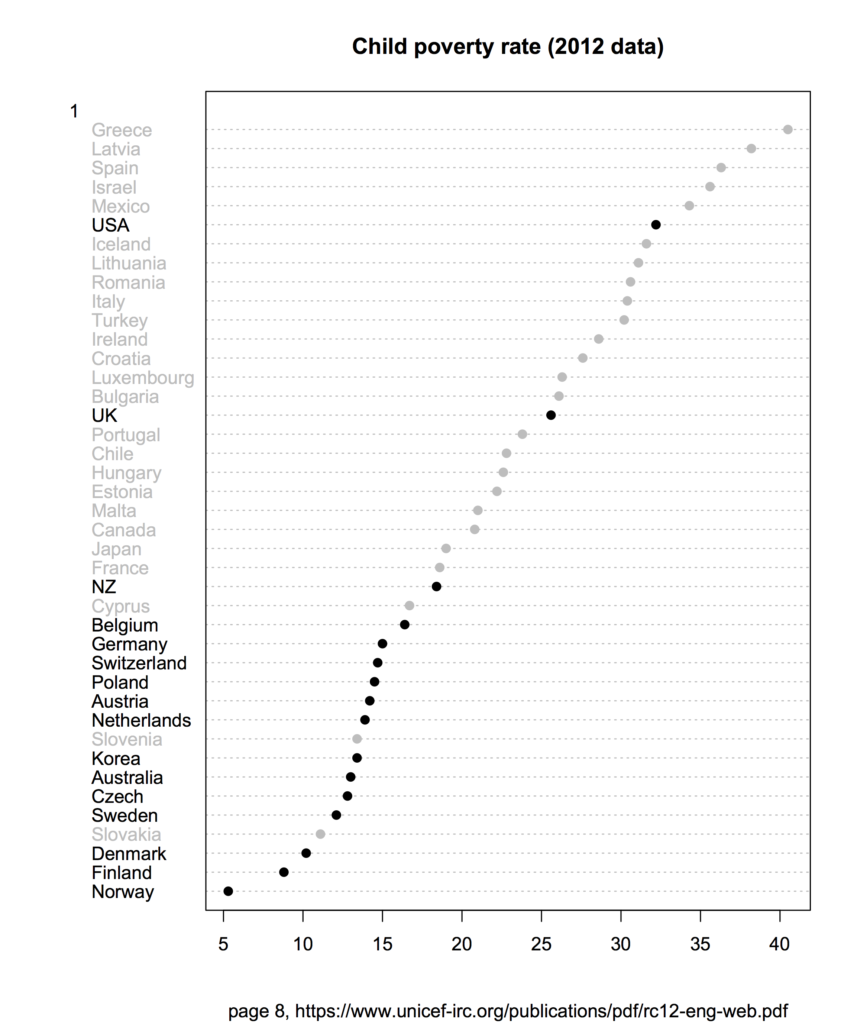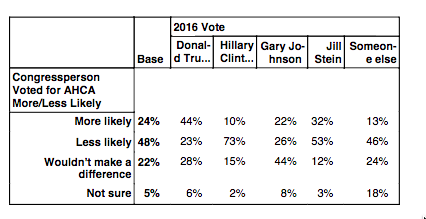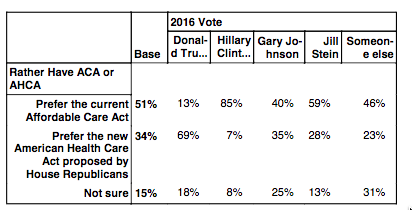The Herald has a front-page-link “Daily aspirin deadlier than we thought”, for a real headline “Daily aspirin behind more than 3000 deaths a year, study suggests”. The story (from the Daily Telegraph) begins
Taking a daily aspirin is far more dangerous than was thought, causing more than 3000 deaths a year, a major study suggests.
Millions of pensioners should reconsider taking pills which are taken by almost half of elderly people to ward off heart attacks and strokes, researchers said.
The study by Oxford University found that those over the age of 75 who take the blood-thinning pills are 10 times more likely than younger patients to suffer disabling or fatal bleeds.
The BBC also has a report on this research. Their headline is Aspirin ‘major bleed’ warning for over-75s, and the story starts
People over 75 taking daily aspirin after a stroke or heart attack are at higher risk of major – and sometimes fatal – stomach bleeds than previously thought, research in the Lancet shows.
Scientists say that, to reduce these risks, older people should also take stomach-protecting PPI pills.
But they insist aspirin has important benefits – such as preventing heart attacks – that outweigh the risks.
The basic message from the same underlying research seems very different. Sadly, neither story links to the open-access research paper, which has very good sections on the background to the research and what this new study added.
Basically, we know that aspirin reduces blood clotting. This has good effects — reducing the risk of heart attacks and strokes — and also bad effects — increasing the risk of bleeding. We do randomised trials to find out whether the benefits exceed the risks, and in the randomised trials they did for aspirin. However, the randomised trials were mostly in people under 75.
The new study looks at older people, but it wasn’t a randomised trial: everyone in the study was taking aspirin, and there was no control group. The main comparisons were by age. Serious stomach bleeding was a lot more common in the oldest people in the study, so unless the beneficial effects of aspirin were also larger in these people, the tradeoff might no longer be favourable.
In particular, as the Herald/Telegraph story says, the tradeoff might be unfavourable for old-enough people who hadn’t already had a heart attack or stroke. That’s one important reason for the difference between the two stories. The research only looked at people who had previously had a heart attack or stroke (or some similar reason to take aspirin). The BBC story focused mostly on these people (who should still take aspirin, but also maybe an anti-ulcer drug); the Herald/Telegraph story focused mostly on those taking aspirin purely as a precaution.
So, even though the Herald/Telegraph story was going for the scare headlines, the content was potentially helpful: absent any news coverage, the healthy aspirin users would be less likely to bring up the issue with their doctors.




